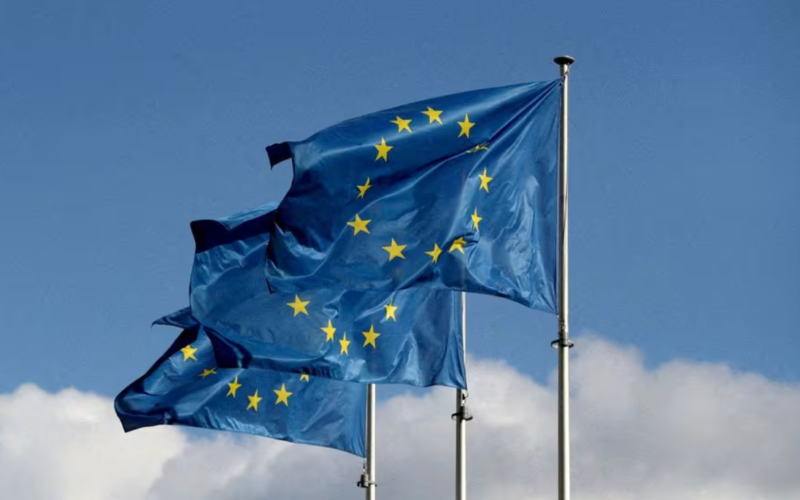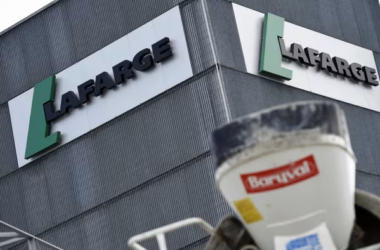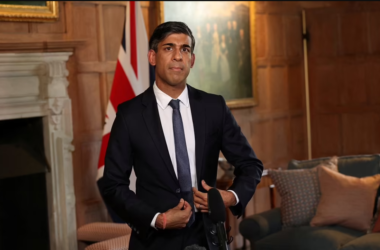Hungary has stirred controversy within the European Union (EU) by advocating for a review of the bloc’s policy toward Ukraine, setting the stage for prolonged discussions among member states. Disagreements between Hungary and several EU nations, including Germany, Lithuania, Finland, and Ireland, have emerged regarding the urgency of bringing Kyiv closer to the EU and providing increased aid amid Russia’s invasion. Hungary’s divergence on these matters presents a significant obstacle to the EU’s decision-making process on formal membership talks with Ukraine and financial assistance.
Prime Minister Viktor Orban, known for his pro-Moscow stance, has become a central figure in Hungary’s dissenting position. He contends that the EU’s strategy of offering financial and military aid to Ukraine has failed. Moreover, Orban opposes initiating membership negotiations with Kyiv, calling for a strategic discussion on the EU’s approach to Ukraine. Hungary’s European Affairs Minister, Janos Boka, emphasized the need for reflection before supporting any decisions related to Ukraine’s accession process or increased aid.
The EU, operating on a consensus model requiring unanimity among its 27 member countries, faces challenges in reaching decisions regarding Ukraine. Orban’s objections, fueled by concerns about the rights of the Hungarian minority in Ukraine, as well as broader issues regarding democratic backsliding in Hungary, present obstacles to the EU’s plans. Despite potential workarounds for financial aid approval, the question of initiating membership negotiations remains a contentious point among EU member states.
While Hungary seeks a policy review, other EU nations, including Germany, Ireland, Finland, and Lithuania, emphasize the importance of advancing Ukraine’s integration into the EU swiftly. Germany’s EU minister, Anna Luhrmann, stressed the need to reach an agreement on financial aid in December to support Ukraine. Finland highlighted the security aspect, emphasizing the significance of aiding countries like Ukraine, Georgia, and Moldova situated between the EU and Russia.
With the EU’s December 14-15 summit approaching, tensions over the decisions related to Ukraine’s accession process are escalating. Lithuania’s Jovita Neliupsiene underscored the significance of taking decisive actions during the summit to avoid damaging the EU’s credibility regarding future enlargement plans.
Hungary has a track record of leveraging its position within the EU to negotiate concessions on decisions related to aid for Ukraine and discussions on EU sanctions against Russia. While EU officials express concerns about achieving consensus for membership talks with Ukraine in December, the outcome remains uncertain, given Hungary’s current stance.
Hungary’s call for a review of the EU’s policy toward Ukraine introduces complexities and potential delays in critical decisions concerning Kyiv’s integration and financial aid. As member states prepare for the December summit, the EU faces a challenging task in navigating differing perspectives and reaching a unified approach to support Ukraine in the backdrop of geopolitical tensions.








